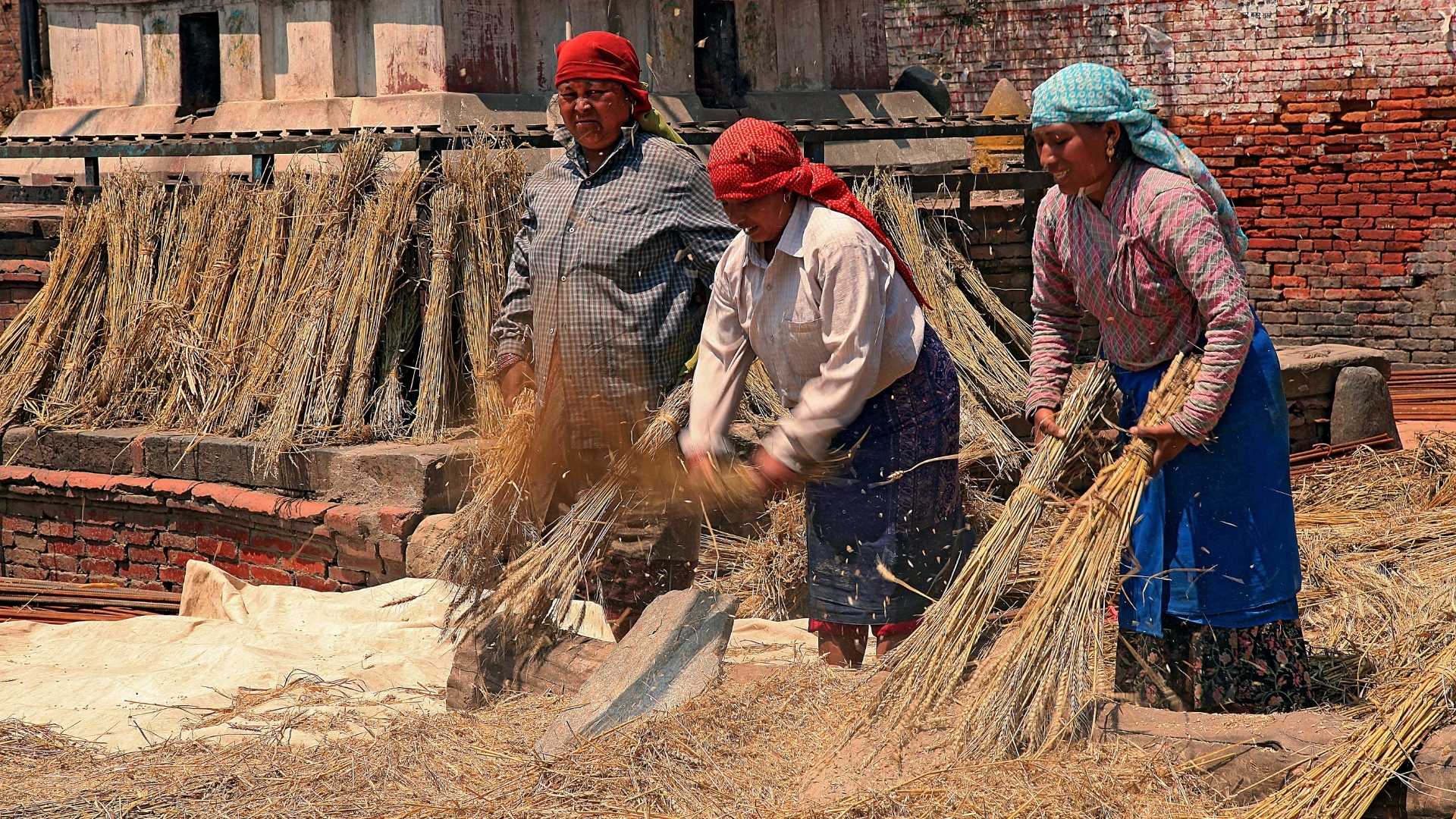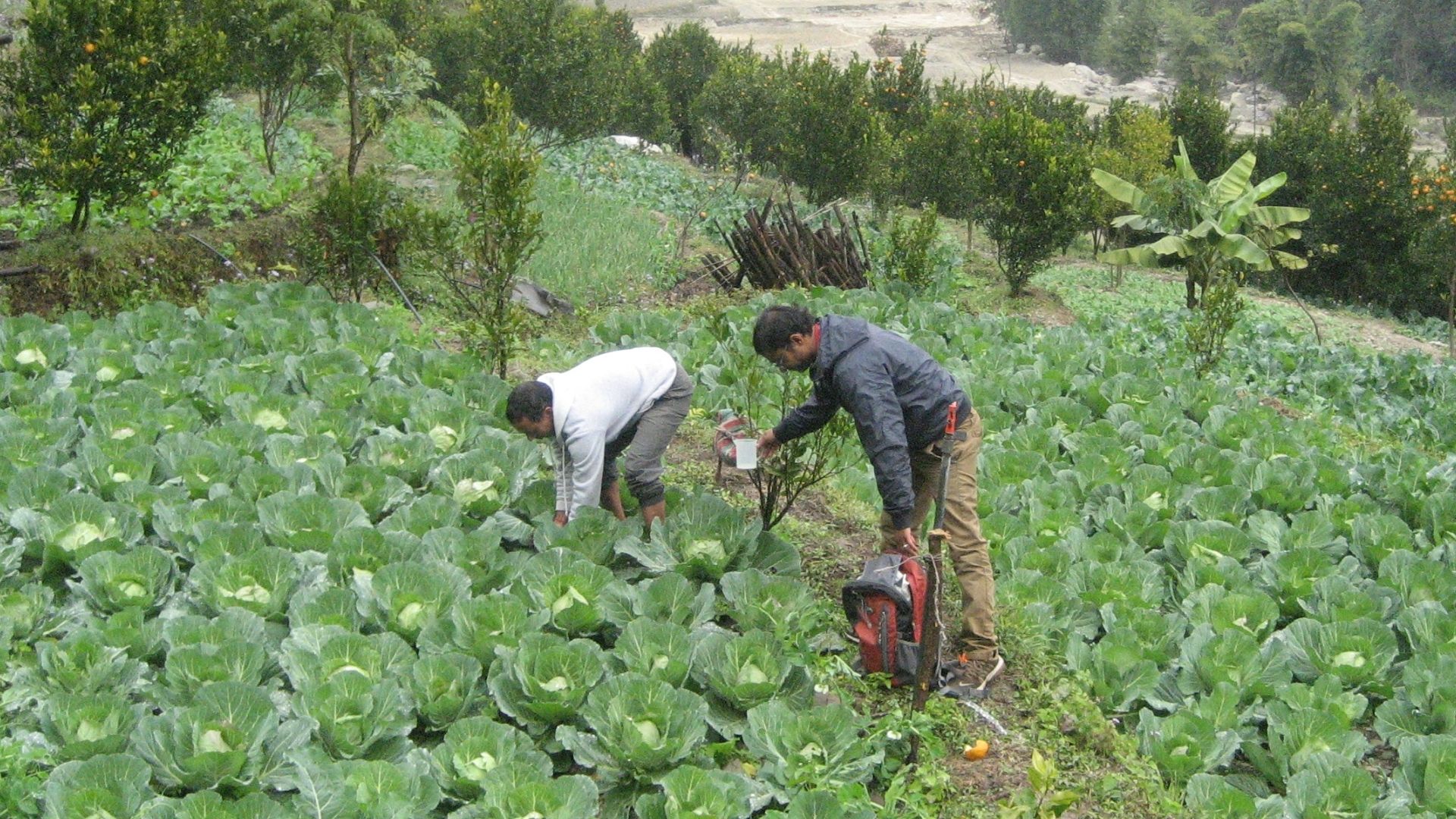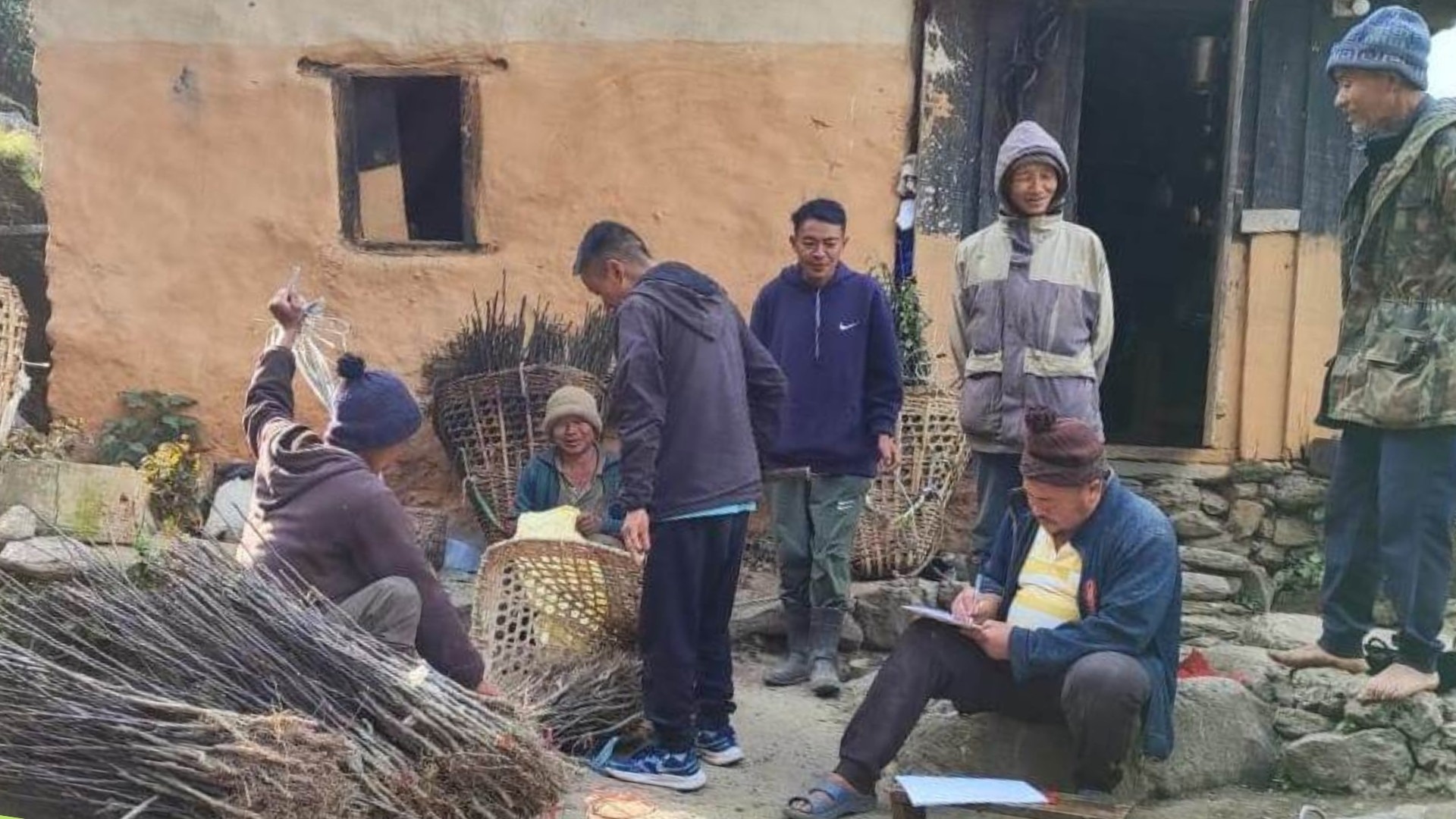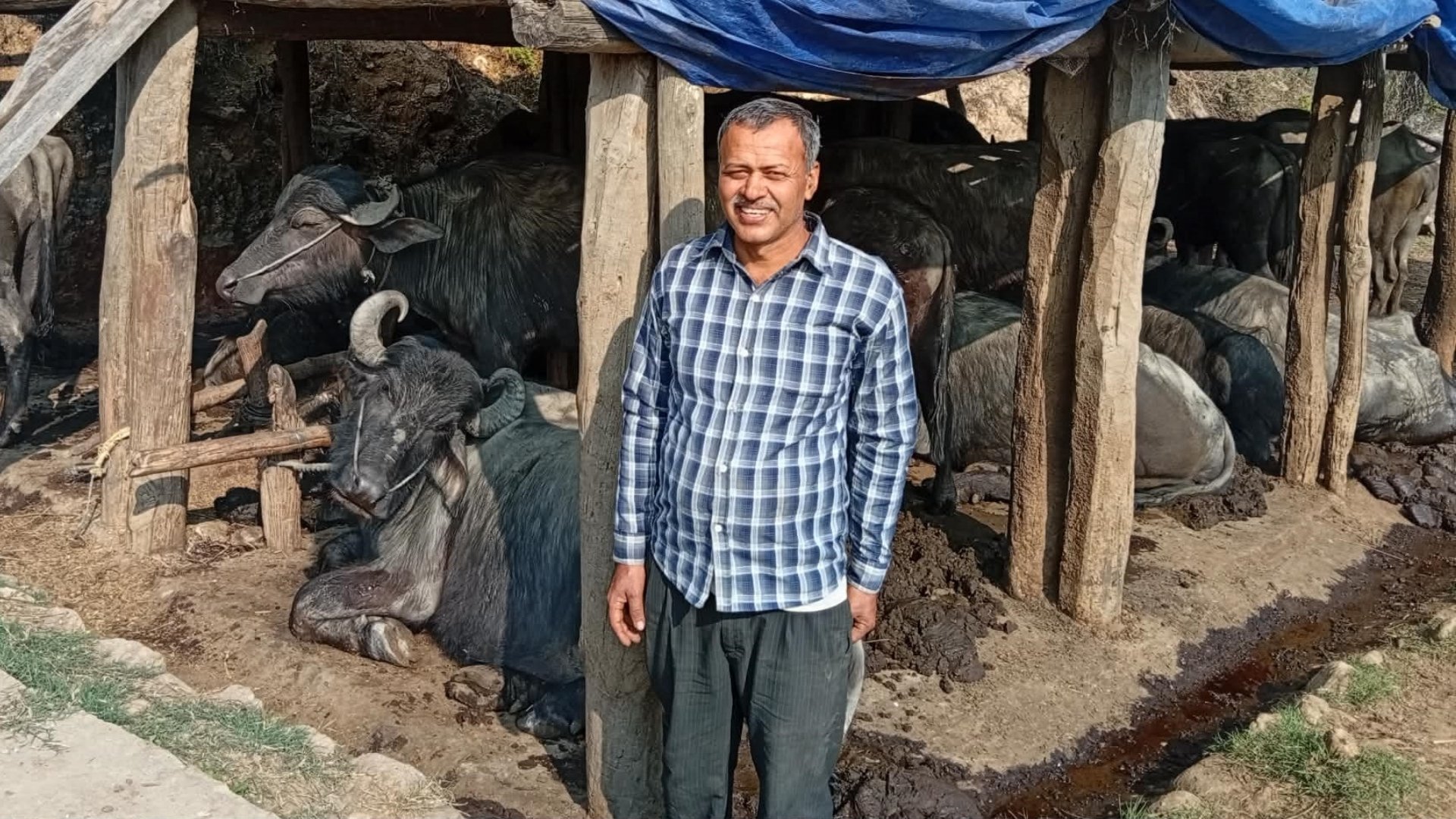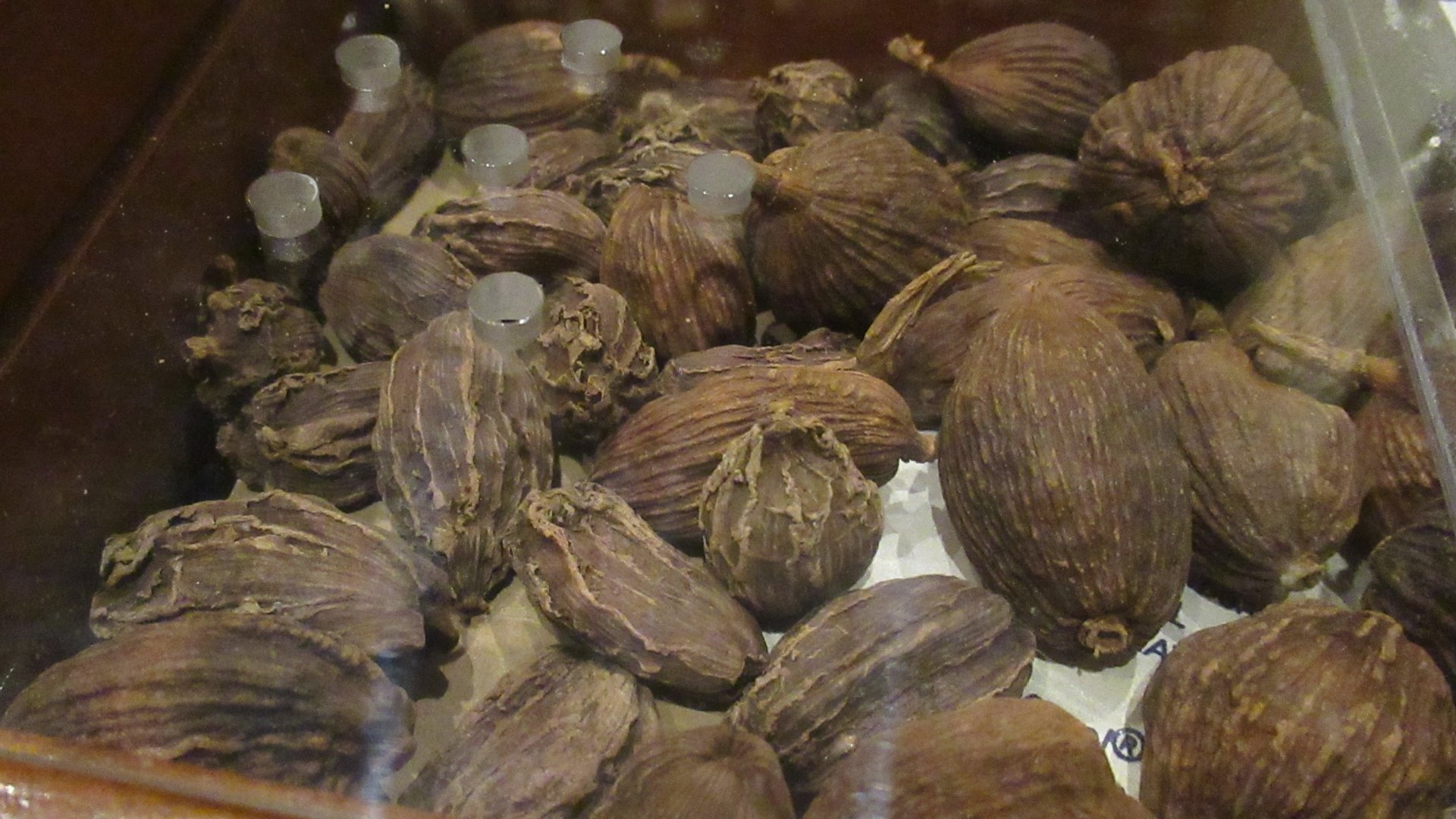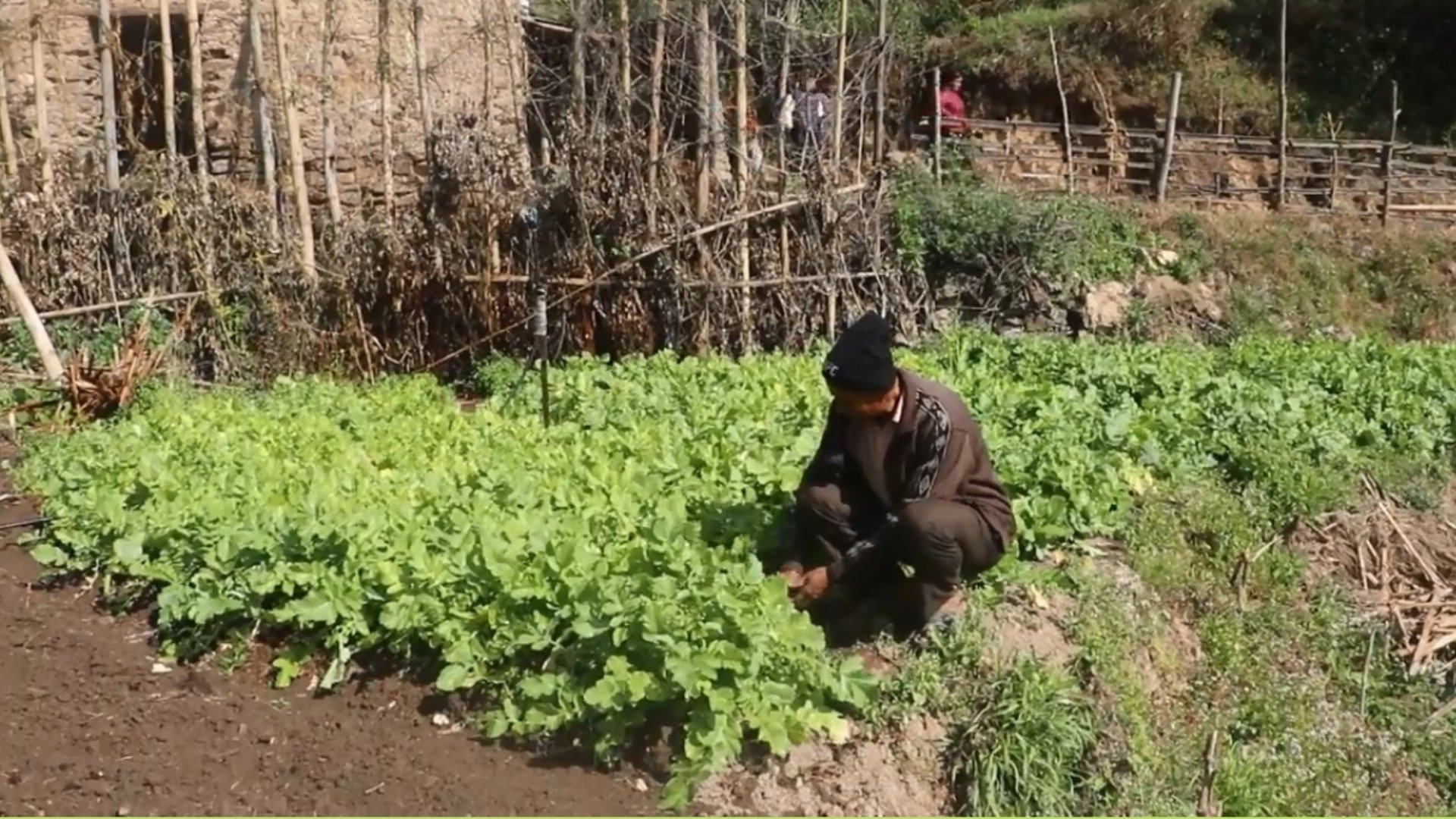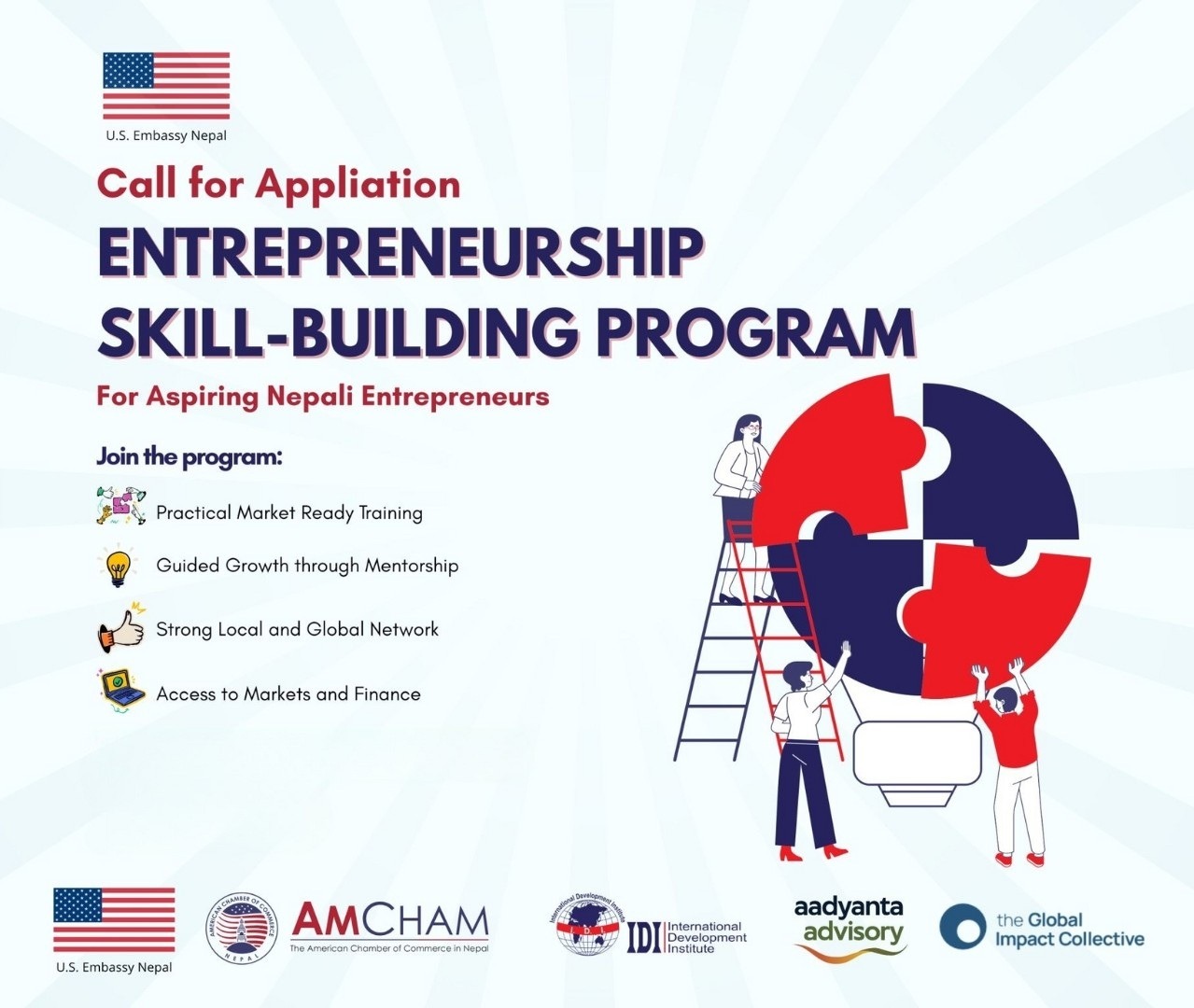Binod Shrestha, a young entrepreneur, states that the interest subsidy initiative has served as a stepping stone for individuals who wish to stay in their homeland and start something of their own. He was recommended for an interest subsidy through the Youth Self-Employment Program, administered by Rampur Municipality, and has been running his business with its support.
When Shrestha was first recommended by the municipality, he received an interest subsidy of NRs 1 million. He successfully operated his business in accordance with the municipality’s guidelines. This year, he has once again been included in the program and recommended for an interest subsidy of NRs 2 million.
“It is true that business requires self-investment. However, the subsidy provided could serve as a stepping stone and work as an encouragement. The program introduced by the municipality has made business operations a lot easier. Since the municipality covers the interest on loans taken from the bank, the financial burden has been significantly reduced,” Shrestha mentioned.
He has been operating a livestock farm under the name ‘Holstein’. Having been involved in livestock farming for many years, Shrestha noted that the interest subsidy program implemented by the municipality has had an encouraging impact, particularly on the youth. It has inspired many young individuals to pursue careers in this industry.
“Regardless of whether the business is large or small, investments must be ultimately made by the individual. So, the interest subsidy program is highly beneficial for self-investing individuals like us,” Shrestha remarked.
He is actively involved in the purchase and sale of livestock, milk production, and marketing. Shrestha emphasized that he turned to livestock farming to demonstrate to young individuals that opportunities for success exist within the country as well. At present, his farm has ten cows and buffaloes, and he is preparing to expand. He has set a target of rearing twenty Laino buffaloes. Currently, the farm produces sixty liters of milk daily, with peak production reaching up to 130 liters.
Considering the increasing trend of youths going abroad for employment, Rampur Municipality launched the interest subsidy under Youth Self-Employment Program in the fiscal year 2076/77 to encourage youths to establish life-sustaining businesses within the country. Entrepreneurs recommended for this program are relieved from the burden of paying interest on bank loans, as the municipality covers it on their behalf.
Initially, the municipality started with an interest subsidy with a limit of half a million. However, this amount has now been increased to NRs 3 million. Till date, a total of 97 young entrepreneurs have benefited from this program. Total investment amounting to NRs 11,169,828 has been made under this initiative.
The interest subsidy program was introduced to create an environment where youths could sustain themselves by starting businesses in their hometowns, stated Raman Bahadur Thapa, Mayor of Rampur Municipality and Coordinator of the Youth Self-Employment Program Committee.
“Instead of providing direct grant money, investing in interest subsidies ensures the longevity of businesses while also relieving entrepreneurs from the burden of paying interest on bank loans,” Mayor Thapa explained. “Since the municipality pays the bank’s interest, entrepreneurs do not have to worry about it and can focus entirely on their business. The interest subsidy program has proven to be very effective in sustaining businesses in the long run.”
According to Mayor Thapa, 44 young individuals from within the municipality have been selected for the program for the current fiscal year. He further stated that the subsidy would be withheld for those who fail to operate their businesses in compliance with the prescribed standards.
Rampur Municipality has been providing interest subsidies for various agricultural and livestock-based enterprises, including vegetable and fruit farming, greenhouse vegetable cultivation, vegetable or fruit nurseries, floriculture nurseries, broiler poultry farming, poultry farming (local, layers, ducks, and other birds), fish farming, goat rearing, beekeeping, mushroom cultivation, pig farming, and cattle farming. This was stated by Narayan Prasad Gaire, Head of the Municipal Agriculture Division and Member Secretary of the program. According to him, periodic monitoring is conducted to assess whether the businesses recommended for the program are operating in compliance with the prescribed standards set by the committee.
According to him, different levels of interest subsidies are provided under this initiative, based on the scale and nature of farming.
Vegetable and fruit farming spanning a minimum of two to five ropani qualifies for a subsidy of NRs 500,000, while a farm covering 10 ropani is eligible for NRs 1,000,000.
Similarly, farming over 30 ropani qualifies for NRs 2,000,000, and farming over 50 ropani is eligible for NRs 3,000,000.
For greenhouse vegetable cultivation, vegetable or fruit nurseries, and floriculture nurseries, a minimum of one ropani of land qualifies for a subsidy of NRs 500,000, while five ropani qualify for NRs 2,000,000, and 10 ropani is eligible for NRs 3,000,000.
Similarly, for mushroom farming, a minimum of three dome houses qualifies for a subsidy of NRs 500,000, six dome houses qualify for NRs 1,000,000, 12 dome houses for NRs 2,000,000, and 18 dome houses for NRs 3,000,000.
For pig farming, those with a minimum of five adult or 20 piglets qualify for an interest subsidy of NRs 600,000, while those with 10 adults are eligible for NRs 1,200,000, 20 adults for NRs 2,400,000, and 25 adults for NRs 3,000,000.
Similarly, for cow and buffalo farming, those with at least five cows qualify for NRs 1 million, 10 cows for NRs 2 million, and 20 cows for NRs 3 million.
In broiler poultry farming, those rearing a minimum of 500 chickens qualify for NRs 300,000, 800 chickens for NRs 500,000, 1,600 chickens for NRs 1 million, and 3,200 chickens for NRs 2 million.
The procedure also states that an interest subsidy will be provided, allocating NRs 600,000 for poultry farming, including local chickens, layers, ducks, and other birds, with a minimum of 500 birds. Similarly, those farming 1,500 birds will receive NRs 1.5 million, while those farming 3,000 will be eligible for NRs 3 million.
The procedure states that for fish farming, an interest subsidy of NRs 0.5 million will be provided for a minimum of two ropani, NRs 1 million for five ropani, NRs 2 million for ten ropani, and NRs 3 million for fifteen ropani. Similarly, for goat farming, an interest subsidy of NRs 0.5 million will be provided for a minimum of ten breeding goats, NRs 1 million for twenty goats, NRs 2 million for forty goats, and NRs 3 million for sixty goats. In beekeeping, a minimum of twenty beehives will be eligible for NRs 0.3 million, forty beehives for NRs 0.6 million, eighty beehives for NRs 1.2 million, and two hundred beehives for NRs 3 million. Subsidies for other businesses and non-business activities will be provided based on the committee’s decision.
Young entrepreneurs who have already benefited from the interest subsidies under the ‘Youth Self-Employment Program’ for two years can reapply for participation. If they meet the additional eligibility criteria, they will qualify for an interest subsidy on the loan amount as per the program guidelines. The program is designed to support young entrepreneurs who run businesses in compliance with the prescribed standards and procedures. It aims to encourage self-employment and financial independence by providing interest subsidies to those seeking to build sustainable business ventures. The program is open to individuals between the ages of 21 and 59.








